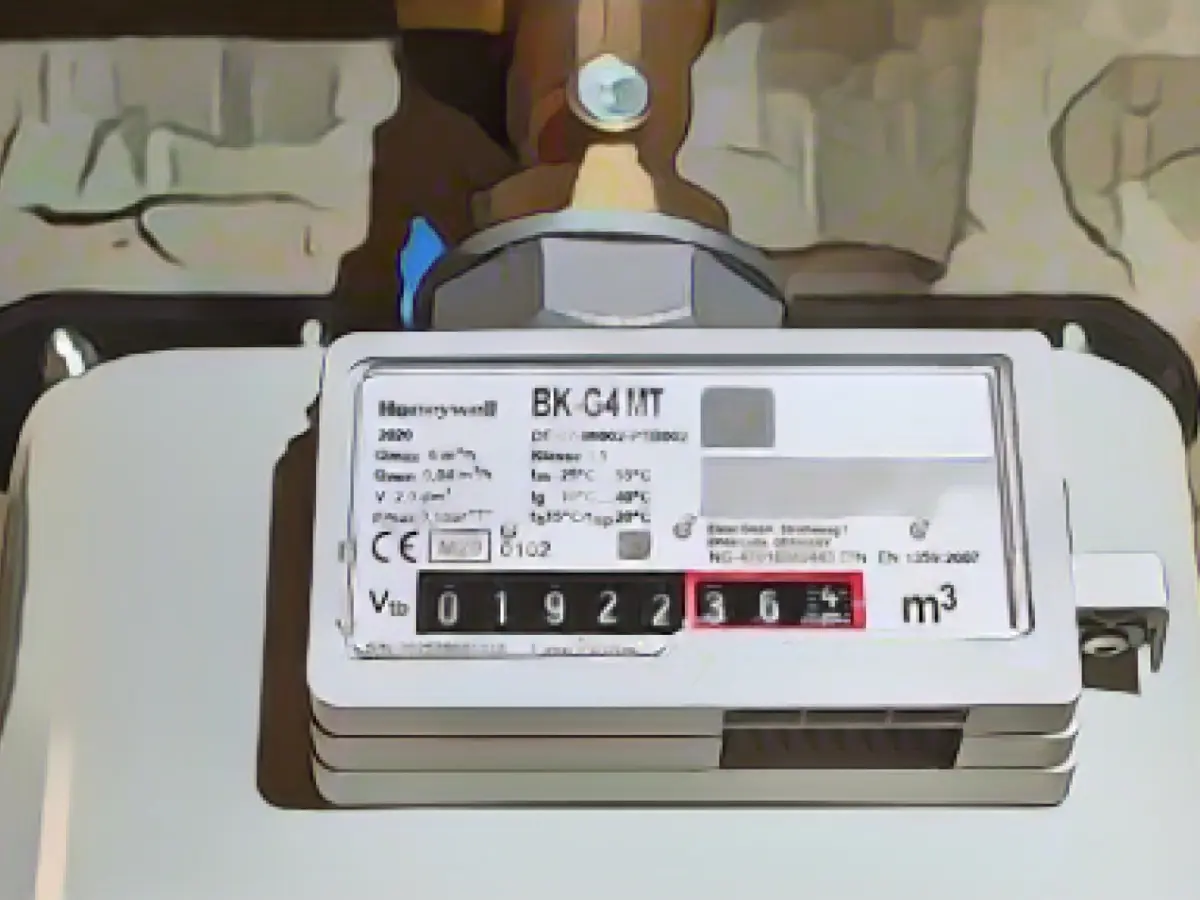Title: Saving Energy in Germany Reaches Record Lows in 2023
In an astounding turn of events, Germany has witnessed an unprecedented drop in energy consumption, reaching a historical low since its reunification in 2023. The Working Group on Energy Balances (AG Energiebilanzen) predicted this shift, announcing a decrease of 7.9% to a staggeringly low 10,791 petajoules, or equivalent to 2,998 terawatt hours. This decline surpasses the previous market peak in 1990 by more than a quarter.
To put this into perspective, in 2022, Germany consumed 484 terawatt hours of electricity and 847 terawatt hours of natural gas, both figures that now pale in comparison to current levels.
So, what brought about this dramatic change?
The primary culprit behind this energy-saving trend is the economic downturn. Energy-intensive industries endured significant drops in production, which in turn, significantly influenced the country's energy consumption rate. The persistently high energy prices also played a crucial role in curbing consumption levels. Despite noticeable declines in import prices for crucial energy sources like coal and natural gas throughout the year, these costs still remained markedly elevated against 2021 levels.
The marginally warmer weather in comparison to the previous year and population growth had only minimal effects on energy consumption reduction, while the high-energy price level and the nuclear phase-out led to more significant reductions.
Fossil fuels continue to account for the majority of Germany's energy mix, with mineral oil taking the lead at 35.9% (35.0% in 2022). Natural gas follows closely at 24.5% (23.6%), while renewable energies outpaced coal, with a 19.6% share in 2023 against 17.7% in 2022. Nuclear energy contributed merely 0.7% due to the nuclear phase-out in the spring, and the remaining 2.1% involves electricity imports, which outpaced exports in 2023.
These staggering developments offer a glimpse into Germany's evolving energy landscape, signaling a significant shift towards more sustainable practices. The Working Group on Energy Balances' projection underscores the continued decline in energy consumption that began in 2022, potentially hinting at future trends in energy consumption.
Sources:
- Öko-Institut
- Digitization of the Energy Transition Law
- The German Federal Network Agency








